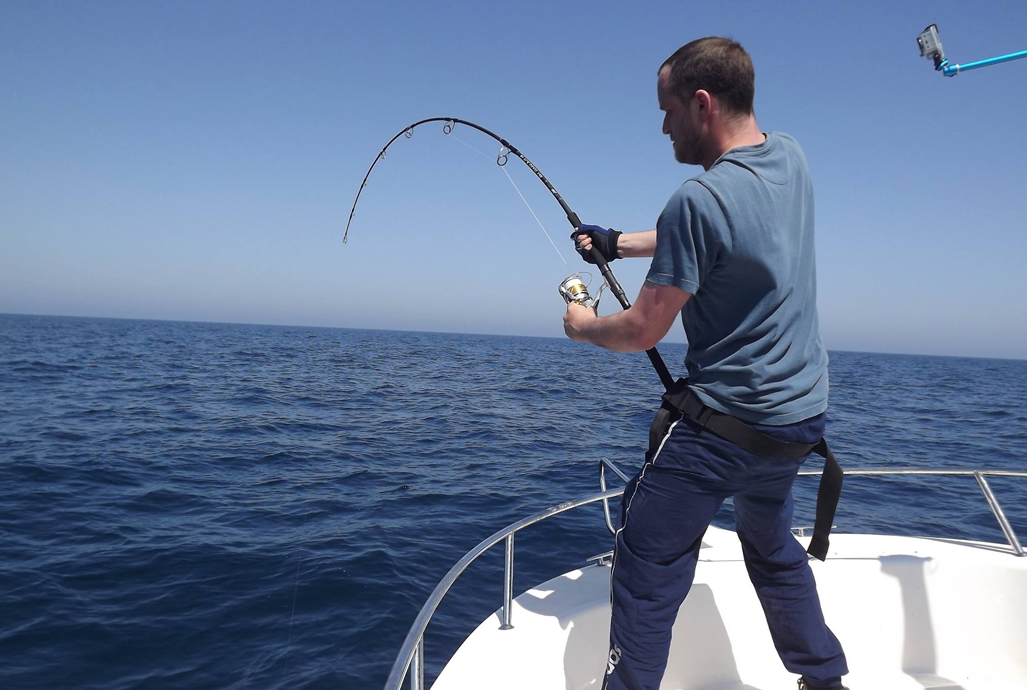We’ve been working closely with the Angling Trust over the last few months to leverage their very useful media contacts as we roll out our Campaign. I have been talking to David Mitchell, Head of Marine Environmental Campaigns, in some detail about the message we want to start to spread, and how we do it.
I am really pleased to report that the BBC Website today carries an extensive piece about the return of Atlantic Bluefin and asks ‘Could Big Game Fishing return to the UK?’
We provided the background around Mortality Rates, Economic value etc… As always, any such article will be required to attempt balance, with responses from groups who do not share our view.
There is a real danger we can be caricatured as fishermen “who just want to kill an endangered species”. Our arguments need to be evidence based, politely expressed, and specific.
For example, the point about the endangered status. Yes, the IUCN DID list Atlantic Bluefin as Endangered in 2011.
They were absolutely right to do so. At that point, the scale of the danger facing ABFT had only just been recognised, stocks were heading towards possible extinction, and the Governing body ICCAT had only just, belatedly announced a 15 year ‘Recovery Plan’, that really only came into effect in 2010, slashed quotas and ramped up enforcement. Since then, there has been an undoubted recovery in the stock. There are however real questions about the extent of it, and whether ICCAT have gone too far in their latest 2018-2020 Quota increases which will see a near tripling of the Quota from the 2011 low to 36,000 Tonnes. We absolutely share those concerns and believe ICCAT need to monitor this extremely closely and be prepared to quickly reverse these increases if there is any evidence of a risk to the recovery. I also understand why organisations such as the IUCN and WWF do not wish to rush to reverse the Endangered listing they have applied. But that does not mean there has not been a real recovery, a ‘back from the brink’ moment in Atlantic Bluefin. However, with regard to what we are Campaigning for, we should stress the following points.
1) We are talking about an exclusively Catch and Release fishery. If we get it, (which will take several years), it will come 5-6 years after ABFT returned in numbers to UK waters. If it runs for 3-4 years on that basis, it would be only 8-10 years after their appearance that the UK would begin to consider any Commercial or Recreational ‘retained’ Quota for UK waters that would have to be justified by the evidence, some of which would have been obtained by the operation of a UK C+R fishery.
2) Scale. We are arguing for a mere 20 tonne ‘Mortality Quota’ to operate such a fishery. To compare, the EU Quota is soon to be over 20,000 Tonnes and the total Quota 36,000 Tonnes. Our efforts are a drop in the ocean in terms of the ‘risk’ ABFT may face from overfishing again.
3) Bear in mind also, when we talk about the risks, that these very same fish, in the majority of the year that they are NOT in UK waters, are being targeted by Commercial fishing fleets of multiple nations. The UK flatly refusing to consider some form of management of these fish does practically zero in terms of their prospects for survival longer term.
4) We are talking about a revolutionary approach. NOT blindly killing fish for the sushi market, but instead a licensed, monitored, well managed C+R fishery that would be in huge contrast to the vast majority of ICCAT member fisheries, and could set the World Standard for how fisheries for these iconic fish should be run. Early days, and a long road ahead but this BBC article is another big step in raising these arguments and getting a chance to make our case. You can find the BBC article on this link.


